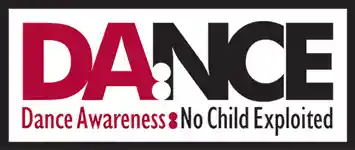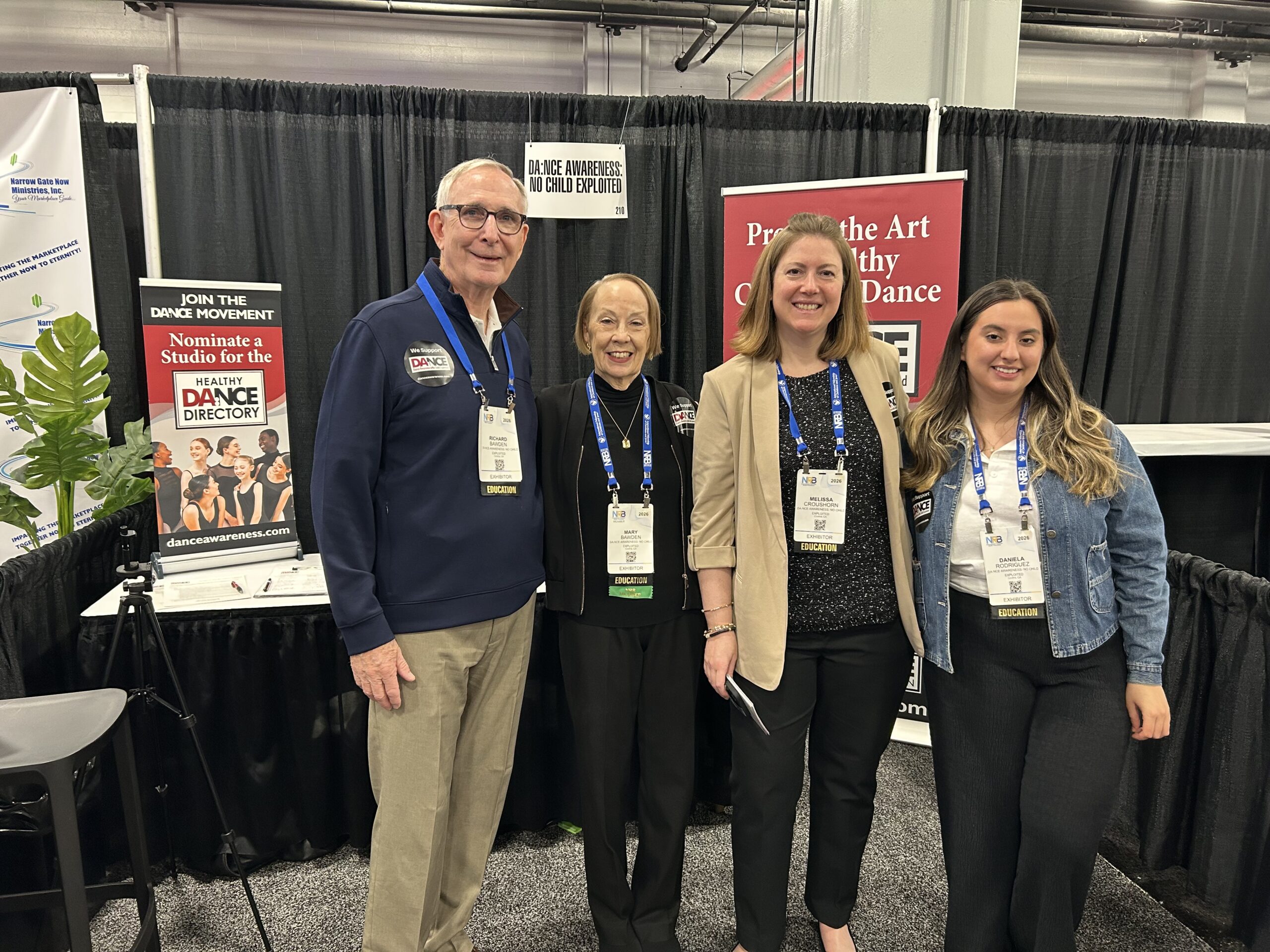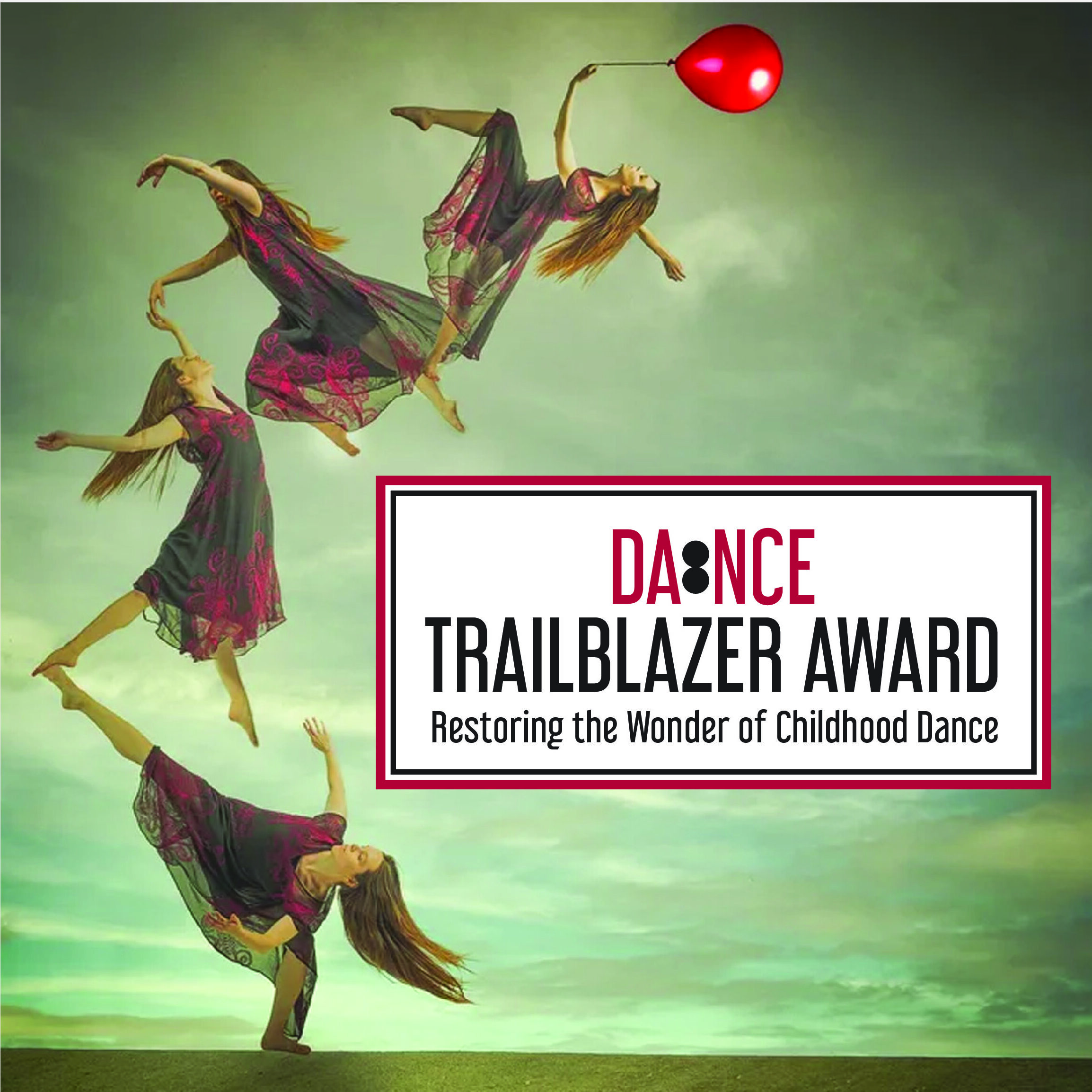
One of the beautiful things about dance is its universality. I’ve had the incredible opportunity over the years to teach dance lessons, formally and spontaneously, all around the world: Italy, Spain, England, Singapore, the Philippines, Egypt, Israel, South Africa. It doesn’t matter where one goes, there’s a certain joy that dance brings out in people like nothing else can. Once the initial shyness is pushed aside you see a whole new side emerge: one which is playful, fun, and uninhibited. Sadly, this type of candid and unselfconscious spirit is increasingly rare to find: especially in today’s culture and specifically in today’s youth. The unfortunate truth is that we live in a society that sexualizes, objectifies, numbifies, and demoralizes its people and even its children, and the effects are absolutely detrimental. Perhaps the most damning evidence of this can be found in the barren rooms of an in-patient psychiatric clinic for adolescents. That is where I ended up this year, but first, let me explain how I got there.
Dance has been a part of my story even before I was born. My parents met and fell in love in a Lithuanian folk dance group and have danced together ever since. Throughout my entire life dancing has brought me joy, lifted me out of insecurity, taught me lessons in tenacity and teamwork, shaped friendships, and sparked romance. I never really considered dancing professionally: that is, until I lived in London. I ended up finding my calling, not in the financial district where I was working, but in the city’s thriving arts scene. I was so inspired that I ended up returning home in 2016 to start a dance company called Confidance Chicago.
Confidance’s curriculum was specifically designed to improve body image, self-esteem, and overall confidence through the mediums of dance and group discussion. Each dance class started with a facilitated conversation that was backed by psychological research, but that ended up taking on a life of its own with each person’s stories and contributions. We formed a supportive and creative community in Chicago and continued growing by hosting big dance parties and workshops. Eventually I was invited to partner with an NBA-sponsored organization in Europe, “Youth Can,” which allowed me to teach Confidance lessons to hundreds and hundreds of kids primarily in Lithuania (my grandparents’ homeland). It’s amazing where life can take you if you have the confidence to put yourself out there. As exciting as Confidance was to manage, my favorite aspect of the job was facilitating fruitful group discussions. I decided to follow this interest by pursuing a Masters in Psychology and Counseling. It was a fortunate move to make as the COVID-19 pandemic hit Confidance hard, just as it did so many other small businesses. I was devastated but knew that it meant I was called down a different path. After some international travel restrictions were lifted, I decided to take an incredible work opportunity in Cape Town, South Africa at a private in-patient psychiatric clinic for adolescents.
The clinic comprises a team of dedicated, multi-disciplinary mental health professionals that provide individual, integrated, and family-oriented treatment for a range of psychiatric, psychological, and addictive conditions. All of the psychiatrists, psychologists, occupational therapists, social workers, pharmacists, and registered nurses work closely with each individual patient and their loved ones to ensure the best possible care and outcome. The facility I worked in is probably best described as an “emotional ER,” aiding adolescents in psychological crisis. These crises can be brought on by an extraordinary life stressor, a traumatic event, a psychiatric vulnerability, a chronic illness, or some combination of these factors.
Each adolescent would come to the clinic in a fragile state: some more so than others. Our job as mental health professionals was to provide relief from the devastating symptoms they were experiencing, as well as to create a supportive environment where the patients could process what was happening in their lives. When listening to their life stories, I was struck by a common theme and underlying realization that many of the young patients came to–they felt worthless. A range and/or combination of traumas, abuses, comments, societal standards, neglect, or simply negative self-talk got these precious kids to feel like they have absolutely no worth and nothing to offer this world. For many, that state of mind lead to suicide attempts or self-harm, which ultimately brought them into the clinic. So, in my time working there and having those conversations, I reflected a lot on the idea of self-worth. My work and research with Confidance as well as my graduate studies helped me understand the topic conceptually, but I had to go deeper, and so I simply asked a lot of questions.
For many, being objectified and used by another is what breaks their sense of self-worth. These days so many willingly objectify themselves on social media and in their behavior, and act as though there are no consequences. The consequences, however, may be so deep or so subtle, that they’re only apparent in young sensitive souls, like those I had the privilege of meeting at the psychiatric clinic. Another thing that surprised me were how many of the patients were incredibly artistic: dancers, musicians, artists, and poets. I couldn’t believe how much I had in common with these people: people deemed sick and unfit for life outside of the facility. I decided to host Confidance classes right there at the clinic, so I taught salsa and hip hop to the patients, as well as some enthusiastic staff members. It was amazing! To see girls suffering from severe eating disorders and boys with body dysmorphia put their insecurities aside and light-heartedly laugh at themselves while dancing with new friends… it was something to behold and something I’ll never forget. Perhaps dance is not just a universal language, but a universal cure as well.
 BIO
BIO
Since starting Confidance Chicago in 2016, Žiba has taught dance and facilitated discussions aimed at building self-esteem and self-worth in mainland Europe, Asia, America, and Africa. Most recently, she completed an intensive internship at Akeso Clinic, an in-patient adolescent psychiatric clinic in Cape Town, South Africa. She is currently completing a Masters in Psychology and Counseling at Regent University where she conducts research primarily in adolescent development.



